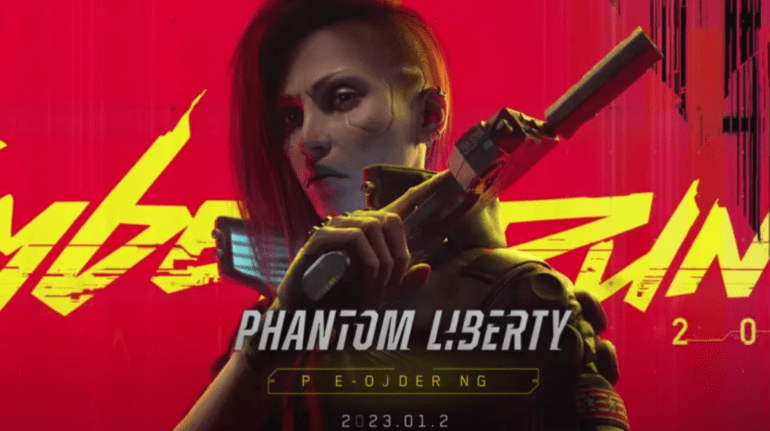TL;DR:
- CD Projekt SA uses AI to replicate the voice of the late actor Miłogost Reczek.
- Reczek’s voice will return in “Phantom Liberty,” an extension of “Cyberpunk 2077.”
- CD Projekt obtained permission from Reczek’s family to recreate his voice.
- The decision was made to honor Reczek’s legacy rather than replace him.
- The AI process involved recording lines with a new actor and using Respeecher software.
- Industry debate surrounds the use of AI in entertainment, with concerns about talent displacement.
- SAG-AFTRA and AMPTP negotiations are divided over the use of AI.
- AI technology raises questions about actors’ autonomy and artistic control.
Main AI News:
In an unprecedented move, CD Projekt SA, the renowned Polish video game developer, has harnessed the power of artificial intelligence to resurrect the iconic voice of the late Polish actor Miłogost Reczek, who tragically passed away in 2021. This groundbreaking feat will see Reczek’s voice making a triumphant return in “Phantom Liberty,” an eagerly anticipated extension of the dystopian video game saga, “Cyberpunk 2077.”
As reported by Bloomberg, the company embarked on a remarkable journey by seeking the blessing of Reczek’s family to employ AI in recreating his distinctive voice. Although the option of casting a new actor and re-recording the lines was on the table, CD Projekt chose a more innovative path—one that would honor the late actor’s legacy and maintain his enduring presence within the franchise.
Mikołaj Szwed, CD Projekt’s Localization Director, shared insights into their decision-making process. “We didn’t favor the idea of replacing him,” Szwed stated emphatically. He went on to laud Reczek as “one of the best Polish voice talents” and extolled his exceptional performance in the original video game as nothing short of “stellar.”
The complex process of leveraging AI to resurrect Reczek’s voice commenced with the enlistment of another actor who meticulously recorded the character’s lines. Subsequently, the team turned to a sophisticated Ukrainian voice-cloning software known as Respeecher. This innovative software implemented a cutting-edge algorithm that seamlessly transformed the new actor’s voice into an uncanny likeness of Reczek’s.
Szwed made a poignant note regarding the support received from Reczek’s sons, stating that they were deeply involved in this remarkable endeavor, further emphasizing the family’s commitment to preserving his legacy.
While the use of artificial intelligence in the entertainment industry sparks intense debate, Hollywood finds itself at a crossroads. Some industry professionals harbor concerns about the potential displacement of human talent by technology, while others firmly believe that AI will serve as a powerful tool to augment the creative capabilities of Hollywood.
Recent developments in labor negotiations shed light on the ongoing strife within the industry. Following the resolution of the Writers Guild of America (WGA) strike, the Screen Actors Guild-American Federation of Television and Radio Artists (SAG-AFTRA) has encountered a formidable impasse in their discussions with the Alliance of Motion Picture and Television Producers (AMPTP). The utilization of AI stands as one of the contentious issues that continues to polarize these two influential groups.
For actors, the advent of AI technology raises profound questions about autonomy and artistic control. Tim Friedlander, representing the National Association of Voice Actors, articulated his concerns at a recent Comic Con event in July. “As a human voice actor, I can walk into a room and encounter a script that contains lines I either didn’t agree to say or statements that I would never endorse. I possess the autonomy to exit that room,” Friedlander declared. However, the advent of AI voice cloning introduces a paradigm shift, stripping actors of their ability to control the words their digital counterparts utter.
Conclusion:
CD Projekt’s use of AI to resurrect Miłogost Reczek’s voice sets a precedent in the entertainment industry. While it raises concerns about the future of human talent, it also showcases the potential for AI to enhance creative capabilities. The ongoing industry debate highlights the need for a balanced approach that preserves artistic autonomy in the age of technological innovation. This development underscores the growing role of AI in shaping the future of entertainment.

